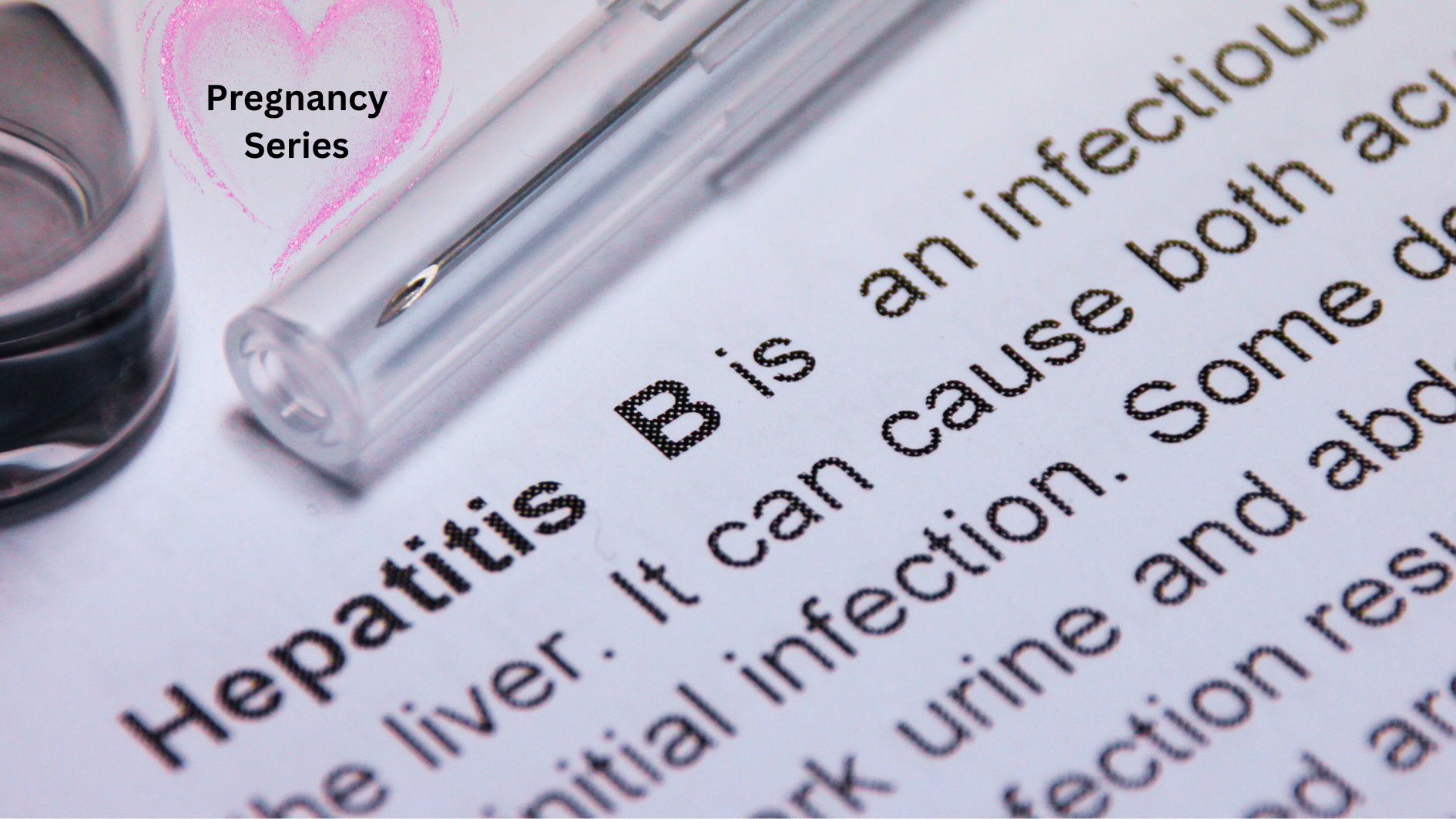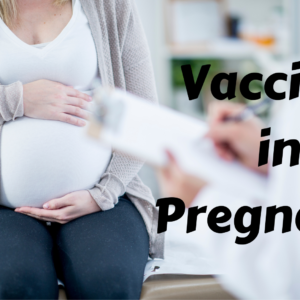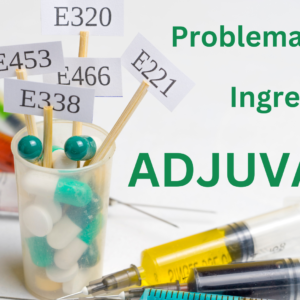Course description: Within the first hours of birth, a hepatitis B vaccine is given to newborn infants, and if the mother is hepatitis B positive, she is injected with HBIG, which is hepatitis B immune globulin. In 1991, Congress asked the vaccine manufacturers to show the data that they has collected to show that the hepatitis B vaccine was safe to give to newborns. Their answer, “We don’t have that data. The vaccine was tested on children 5 to 10years of age.” [1 Video, Length: 37 min, Downloadable Material, Access to Forums] What you will learn in this course:
- How hepatitis B is contracted
- The true incidence of hepatitis B, the risk of becoming a chronic carrier, and the risk of developing cancer from this viral infection
- The astonishing low frequency of chronic carriers and incidence of long term adverse effects
- The time line for recommending hepatitis B vaccines to newborns.
- Why the earliest hepatitis B vaccines were rejected for use.
- The real reason why the CDC moved to vaccinate infants instead of only high risk adults
- The recommendations to give hepatitis B vaccines to preemies
- Why fractionated doses are not recommended
- Why hepatitis B vaccines in infants may be associated with inflammatory bowls disease





